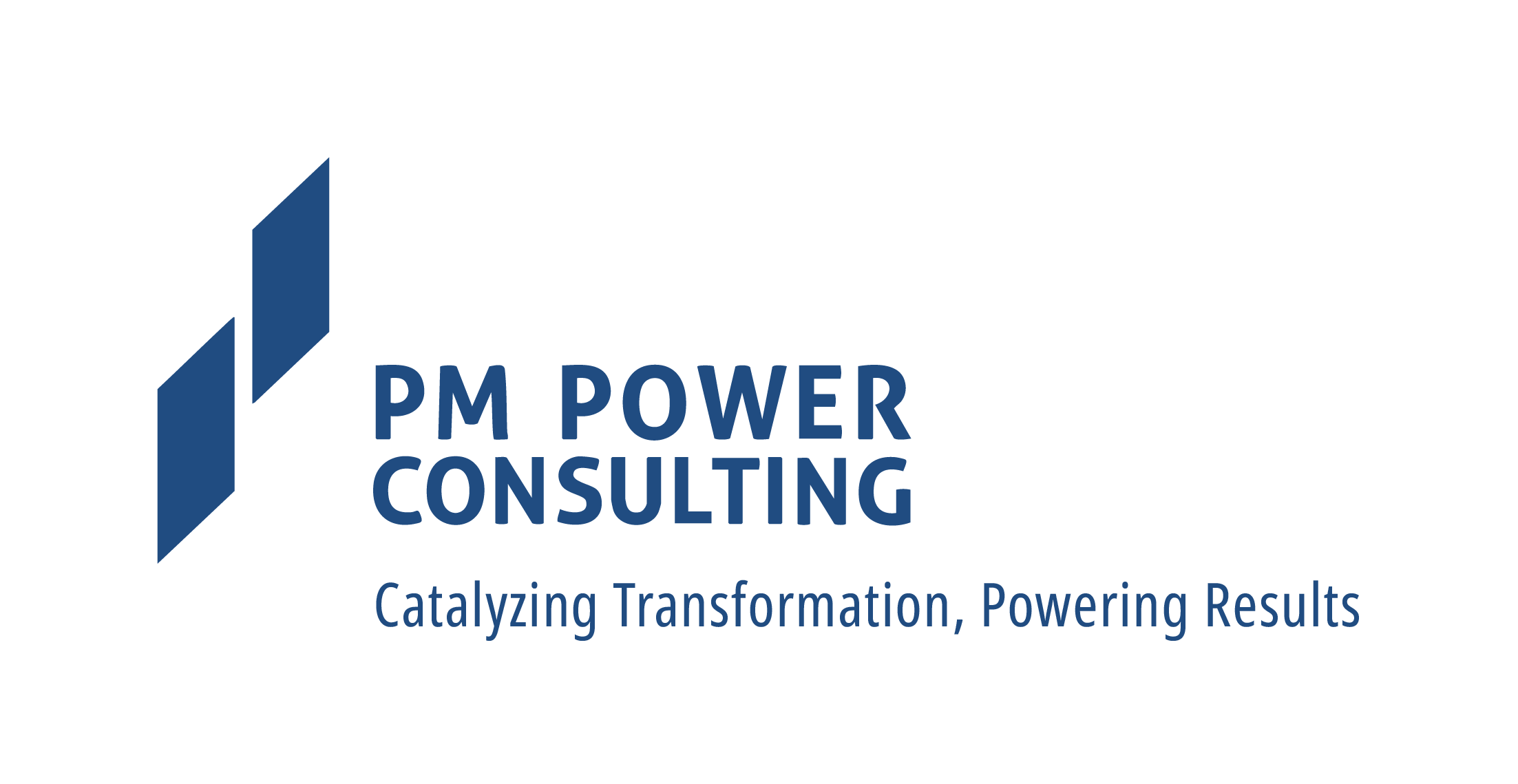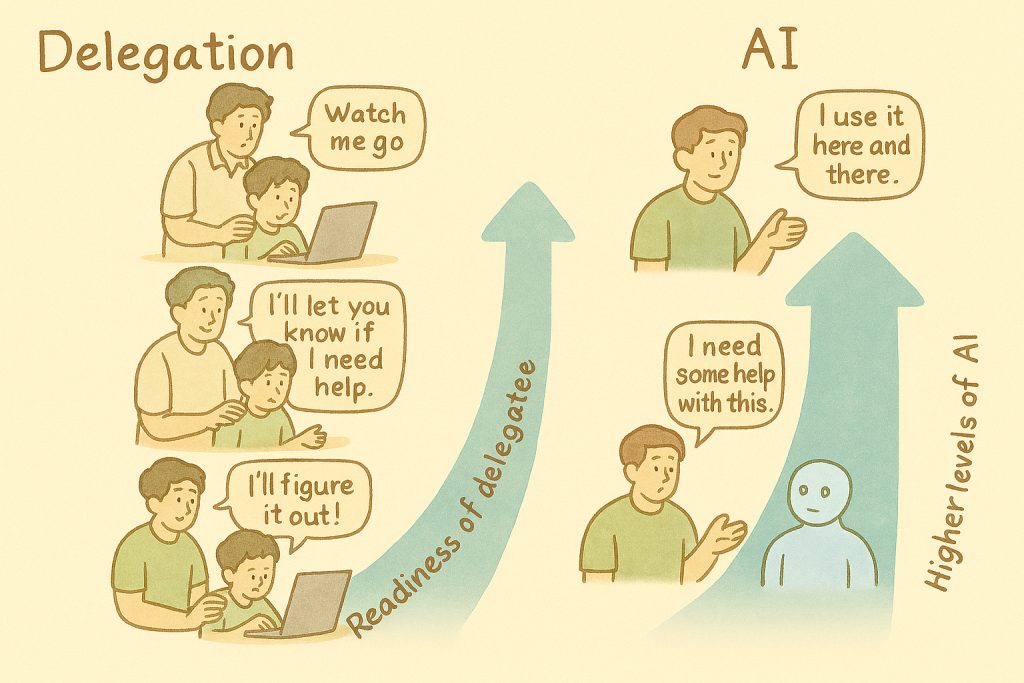Sudha is a project manager with a Global IT services organization. She joined this company 8 years ago as a fresh software engineer, grew to a tech lead and now she is an architect. She has been a consistent performer over the years.
Sudha’s company has been practicing an annual performance appraisal cycle. They use the bell curve method to identify best, average, and bottom performers. The bottom performers are taken through a separation process and then they quit the company.
The current performance appraisal cycle has just gotten over and Sudha has been identified as one of the 5% bottom performers. As part of the process, Sudha’s manager Vinod has to schedule an appraisal review meeting with Sudha and share this news. Vinod has not experienced this situation before and he is finding it difficult to handle. Anyway, Vinod calls Sudha for the appraisal review meeting and shares the news with her. Sudha was not expecting this and she breaks down upon hearing the news.
What advice do you have for Vinod? If you were Sudha’s manager, how would you handle this situation?
Solution:
Performance Appraisal review meeting is always tricky and delicate. The key issue is reviewing employees’ performance against measurable goals especially when the appraisal cycle is annual. During the year, it is very likely that those initial goals got changed but the new goals were not recorded in the system and also not communicated to the employee. As a result, the performance review tends to become subjective and it not supported with data and incidences. This makes it difficult for managers to provide objective feedback and manage employee expectations properly.
In this situation, Vinod must do proper homework for this meeting. He must have the rationale for Susdha’s performance assessment ready with him supported by data and incidences which resulted in this assessment. The other aspect is his conduct in the meeting. It is critical that he is empathetic and supportive. After sharing the news, he must give Sudha some time to reconcile with the situation and help her to regain her composure. He should patiently listen to Sudha’s viewpoints without interrupting her. Offering water or a cup of tea or coffee may help. Once he finds Sudha calm and composed then he could get into a detailed review and talk about some of the factors which resulted in such an outcome. He also needs to explain the bell curve method which is a relative ranking. Vinod should emphasize her strengths that she could leverage in finding a new job. Furthermore, Vinod could assure her of his support during the separation process and also in finding a new job. Finally, he should conclude the meeting by wishing her good luck in her future endeavors and requesting her to stay connected.





